Q: The lessons from the science of learning and development are inherently hopeful. What are the strengths that young people and their communities are bringing to this crisis?
In some ways, challenges can make us really resilient if we have the right support around us and the right relationships in the right context. There could be a silver lining or invitation in this moment to help adults and young people build new forms of resiliency.
There is so much creativity in finding ways to connect to each other even within this super, super hard moment. I think if I was in high school or middle school when this happened I don’t know what I would’ve done without the level of interconnectivity that we now have. I think young people are finding really interesting ways to leverage this interconnectivity through technology.
Both on the side of young people and adults, the fact that we are developing on a continuum is very valuable. And this is not a linear continuum. So, even though this is a significant hurdle for every person on this planet right now, it is another thing that we can overcome.
Q: What’s one piece of concrete advice drawing from the science of learning and development that you would elevate for every educator or other adult supporting young people?
Motivation is critical right now, even though it is hard it is to be motivated and to engage in hard work. Adults should try to find whatever it is that young people really love right now and what is highly relevant to who they are individually.
We should let young people run with their passions as much as possible and find opportunities to weave their passions into learning. We need to try to leverage individuality as much as possible.
I know that’s what helps me some days when I’m not as motivated. I think, “What is the thing that’s on my to do list that I am most excited about doing, even though it may not be the big rock for the week?” It’s the thing I need to do now that will get me excited to do more things later.
That would be my advice: really figure out what’s relevant and what kids care about and help them do that thing.
Q: What is the education issue that is around the corner that you hope people start addressing now? How would knowledge from the science of learning and development help us advance equity as we take it on?
We’re all very much aware that this is probably not a one-and-done situation and that we’re going to be returning to rolling school closures. From what I have seen, the predominant reaction has been the right reaction, which has been let’s not worry too much about going further in the curriculum. But, let’s go deeper and let students shore up their knowledge.
But obviously, we can’t do that forever. We’re gonna have to figure out how to remotely instruct with a really high level of rigor, and what is going to help kids make meaning in this setting. As someone who’s done online learning, it’s hard to figure out how to build connections and relationships virtually.
Everybody is in crisis mode right now. But it is beneficial to have a routine, stability, and predictability – especially when considering all the mental health challenges that all of us are confronting.
I do think there’s a great opportunity to increase rigor with more remote learning. We need to push ourselves in that direction and then have some system-level changes that can help us address a lot of inequities right now.




